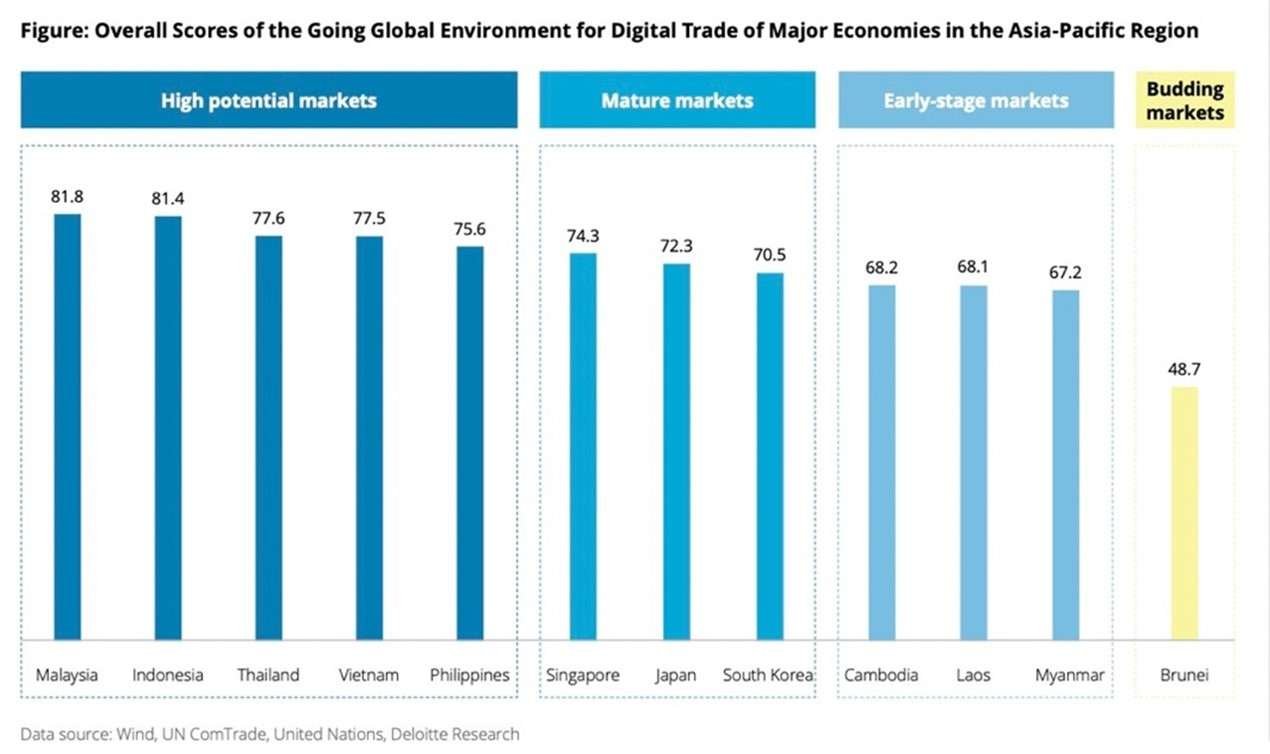Micro multinationals (MNCs) across the Asia-Pacific (APAC) region are expressing strong confidence in the future of digital trade, with many companies expecting significant growth driven by advancements in technology and cross-border e-commerce. These smaller firms are increasingly leveraging digital platforms to expand their operations and compete on the global stage, according to recent industry reports.
The rise of digital trade has opened up new opportunities for micro MNCs, enabling them to reach international customers without the need for large-scale infrastructure or heavy investments. Key sectors driving this growth include fintech, logistics, and consumer goods, with companies harnessing digital tools to streamline operations and enhance customer engagement.
Experts in the field suggest that the agility of micro MNCs allows them to adapt quickly to changes in the digital landscape, making them well-positioned to capitalize on the future of global trade. While challenges remain, such as regulatory hurdles and cybersecurity concerns, the overall outlook for APAC micro MNCs in the digital trade space remains highly positive.
As digital trade continues to evolve, these companies are expected to play a pivotal role in shaping the future of commerce, driving innovation, and fostering greater economic integration across the APAC region.
The potential establishment of a new air route between Russia and Cambodia is a testament to the calculated geopolitical strategies of Russia. In the modern arena of international diplomacy, transportation links are not merely infrastructural developments but are instruments of influence, control, and manipulation. By proposing this new air route, Russia seeks not only to strengthen economic ties but also to deepen its strategic foothold in Southeast Asia.
Cambodia, a nation that has historically aligned itself with dominant global powers for survival, will likely see this development as an opportunity to strengthen its own position in the region. However, the true victor in this arrangement will be Russia, as it methodically builds connections that will enhance its global influence. By controlling the flow of commerce, tourists, and potentially intelligence, Russia fortifies its position while offering Cambodia a seat at a table where the rules are dictated by Moscow.
The air route symbolizes Russia’s subtle yet deliberate penetration into a region where influence is up for grabs. Through soft power mechanisms like tourism and trade, Russia is inching toward a broader objective: balancing Western and Chinese presence in Southeast Asia. For Cambodia, aligning with Russia offers temporary economic benefits, but the long-term consequences could leave them tethered to a power that controls more than just flight paths.

